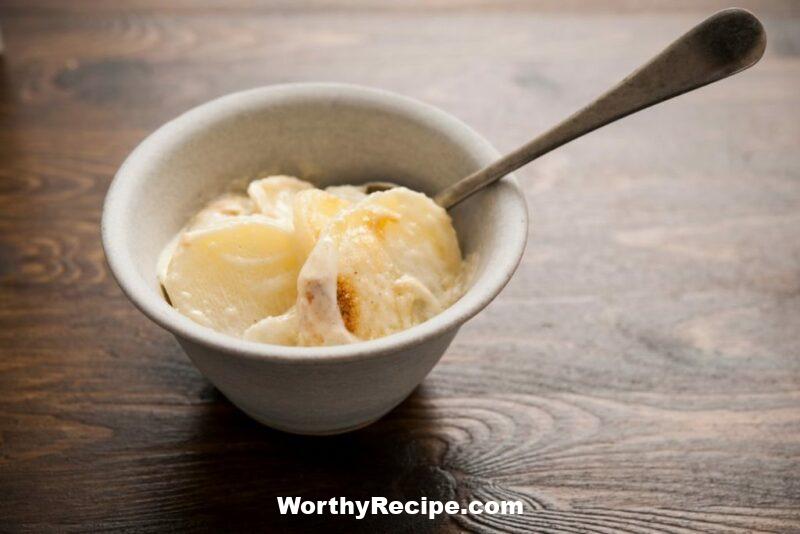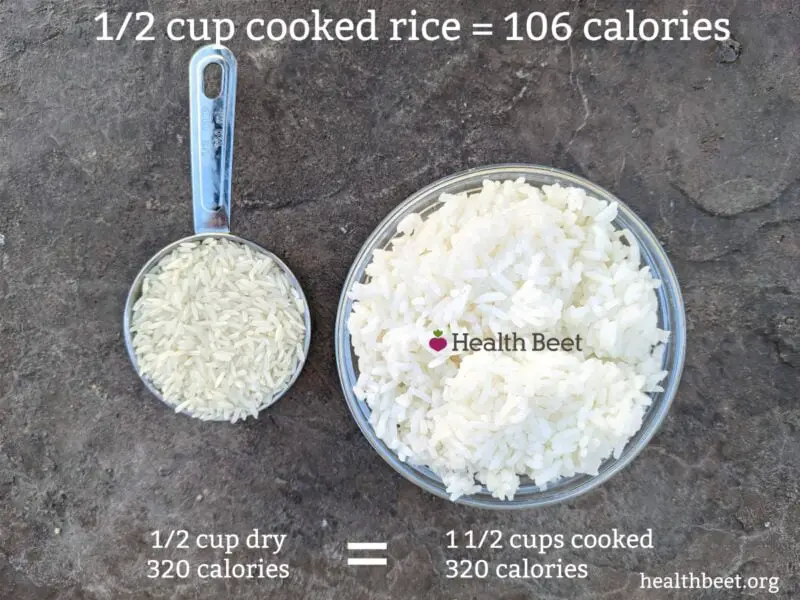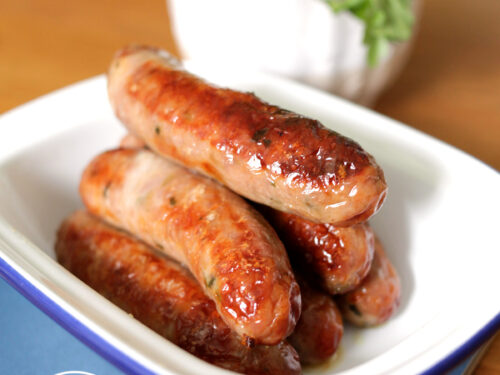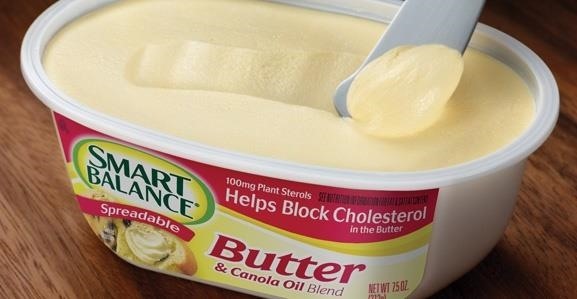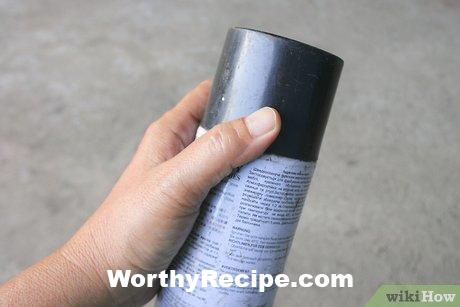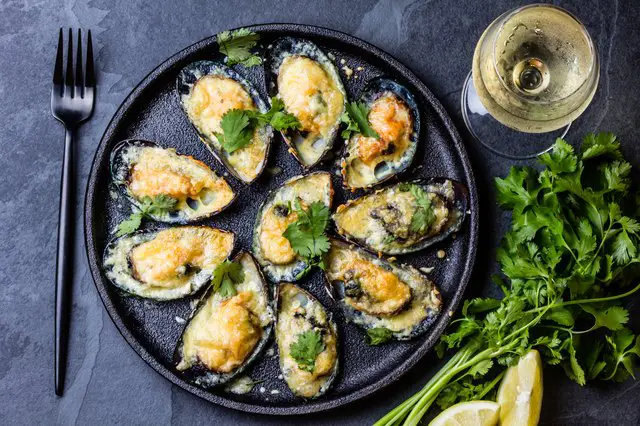Introduction
Dauphinoise potatoes are a popular French side dish made from sliced potatoes baked in cream and cheese. They are rich, creamy, and indulgent, making them a perfect accompaniment to any meal. But can you freeze dauphinoise potatoes before cooking? In this article, we will outline the benefits and drawbacks of freezing dauphinoise potatoes, the proper methods of freezing and thawing, as well as give expert recommendations on what to consider before deciding to freeze dauphinoise potatoes.
Explanation of Dauphinoise Potatoes
Dauphinoise potatoes are classically prepared by slicing potatoes thinly and layering them with garlic and onions in a baking dish. The dish is then topped with heavy cream, Gruyere cheese, salt, pepper, and nutmeg before cooking in an oven for approximately 45 minutes. As the dish cooks, the cream soaks into the layers of potatoes and infuses them with rich flavor.
The Benefits of Freezing Dauphinoise Potatoes Before Cooking
Freezing dauphinoise potatoes before cooking provides several benefits. Firstly, it allows for easier meal planning. Prepping batches in advance means that there’s always a quick side dish ready to go for a busy weeknight dinner or a gathering with friends. Additionally, by having pre-prepared dishes available in the freezer, it can also reduce food waste by helping keep ingredients fresh longer.
Another advantage of freezing dauphinoise potatoes is that it can actually improve their flavor and texture. When frozen, the cream mixture penetrates deeper into the potato slices causing them to become even more tender and flavorful. The flavors meld together during the freezing process producing a more cohesive presentation once cooked.
Can Dauphinoise Potatoes be Frozen?
The answer is yes! You can freeze dauphinoise potatoes before cooking. However, it’s essential to consider several factors before freezing.
Factors Determining the Success Rate
Several factors play a role in determining how well dauphinoise potatoes freeze and later cook. The dish’s ingredients, their quality, and freshness before freezing all impact the outcome. Additionally, the length of time they are stored in the freezer will affect their texture and taste hugely.
Clarification on Freezing Raw or Cooked Dauphinoise Potatoes
It is crucial to determine if the dish should be frozen cooked or uncooked.
Freezing cooked potatoes carries the risk of them becoming too soft or mushy when reheated if overcooked. On the other hand, freezing uncooked dauphinoise potatoes involves using raw potatoes, which must ensure that they are good quality without any damages, bruises, or sprouting bulbs before freezing.
The Right Way to Freeze Dauphinoise Potatoes
To freeze dauphinoise potatoes successfully, it’s essential to follow proper procedures. Below are steps to keep in mind when freezing dauphinoise potatoes before cooking:
Proper Preparation Before Freezing
Before freezing dauphinoise potatoes, it is essential to prepare them adequately. When preparing the dish using raw potatoes, avoid over-salting them since this can cause them to release too much liquid resulting in soft-textured final product upon cooking.
For cooked dishes, ensure that they get completely cooled down before portion them out and packing for freezing. This helps prevent condensation from forming inside the container negatively impacting their final texture.
Choosing Packaging Materials and Containers
When packaging dauphinoise potatoes for freezing at home, choose airtight, freezer-safe containers or sealable bags. Remove as much air as possible from resealable packaging to minimize the risk of freezer burn, which occurs when there is an excess buildup of ice crystals on the food surface.
How Long Can You Freeze Dauphinoise Potatoes?
Dauphinoise potatoes can be stored in a freezer for up to three months safely. For best results, it’s recommended that they don’t stay for too long in the freezer and are cooked immediately after thawing.
Thawing Frozen Dauphinoise Potatoes
Properly thawing dauphinoise potatoes is essential to ensuring that they are safe and tasty to eat.
How to Thaw Them Correctly and Safely
To defrost frozen dauphinoise potatoes, remove them from the freezer and leave them in a fridge overnight carefully. Defrosting in this manner provides enough time for the dish to thaw safely, resulting in complete defrosting and even cooking later on.
It is important to note that thawed dauphinoise potatoes have a softer texture than their fresh counterparts due to moisture being released during thawing.
Potential Hazards if Not Thawed Properly
Improperly thawed dauphinoise potatoes may lead to uneven cooking, compromising their final texture and increasing the risk of consuming unsafe food. Incorrect thawing will result in uneven heating and promotion of bacterial growth leading to foodborne illnesses with symptoms such as nausea, vomiting, or diarrhea.
Cooking Frozen Dauphinoise Potatoes
Cooking frozen versus thawed dauphinoise potatoes requires different approaches due to their distinct properties. Below are tips for successful cooking regardless of whether using frozen or fresh dishes.
Best Practices for Baking Frozen Vs Thawed Dauphinoise Potatoes
When it comes to cooking frozen dauphinoise potatoes, it’s essential to allow them to defrost entirely before heating. Follow the initial cooking instructions carefully and monitor the texture closely to prevent overcooking or undercooking.
For thawed dauphinoise potatoes, follow the initial instructions for baking but reduce the cooking time slightly since they already have some level of pre-cooking through the thawing process. Ensure they cook evenly throughout, and once done, garnish accordingly and serve.
Understanding Changes in Texture and Flavor After Freezing
Thawed dauphinoise potatoes tend to be softer in texture than freshly made ones. The freezing and thawing process can cause changes such as an increase in moisture content which affects their final texture and flavor. It is essential to note that the final appearance may differ from that when not Frozen due to these changes.
Advantages and Disadvantages of Freezing
Freezing dauphinoise potatoes before cooking carries several advantages and disadvantages. Below are pros and cons of freezing the dish before cooking:
Pros of Freezing Before Cooking
– Easier meal planning
– Reduces food waste
– Can improve taste and texture
Cons of Freezing Before Cooking
– Risk of bacteria growth when defrosting
– Alters the texture of the dish
– Long-term storage reduces freshness
Nutrition Comparison between Fresh vs Frozen
Freezing does not negatively impact nutrition levels significantly. However, long-term storage can lead to degradation of nutrients such as vitamin C and thiamin due to their constant exposure to oxygen during freezer storage.
Cost Comparison between Fresh vs Frozen
Freezing dauphinoise potatoes is cost-effective since it allows for prepping the dish during the season when ingredients are cheaper and abundantly available. It also enables making use of food items in bulk, which saves money in the long run.
Frequently Asked Questions (FAQs)
Common questions and concerns about freezing and cooking dauphinoise potatoes
Q: What’s The Best Cheese To Use When Making Dauphinoise Potatoes?
A: Gruyere cheese is what most traditional recipes recommend for dauphinoise potatoes. Still, other good alternatives include Cheddar, Monterey Jack, or Fontina cheese.
Q: Can You Freeze Dauphinoise Potatoes With Different Cheese Combinations?
A: Yes, you can freeze your preferred combo of cheeses along with dauphinoise potatoes, which would result in equally delicious dishes after reheating.
Expert Answers to Reader questions
Q: Can You Freeze Dauphinoise Potatoes With Added Meat Like Bacon or Chicken?
A: It is possible to include cooked bacon or chicken into the potatoes before freezing; however, keep in mind that meat has different thawing rates from potato-based dishes. For best results, it’s essential to cook these dishes separately from dauphinoise potatoes or freeze them separately after pre-cooking.
Conclusion
In conclusion, freezing dauphinoise potatoes is an excellent option if properly prepared and stored using freezer-safe containers. Ensure that they have adequate air removed as excess moisture trapped inside can lead to watery consistency upon cooking after thawing. Thoroughly defrost them before cooking to prevent uneven heating and possible bacterial growth. Although there are some changes in texture and flavor, the dishes are equally delicious and can improve consistency through freezing to absorb flavor. When considering freezing dishes, keep in mind proper precautions to avoid potential hazards such as uneven cooking and bacterial growth that may lead to foodborne illnesses. Follow the steps outlined in this article to enjoy delicious cheese and cream infused potatoes all year round!
Sources Cited
– Ruhlman, Michael. (2018). “Dauphinoise Potatoes.” Ruhlman.com.
– Altomari, Christin. (2021). “Can you freeze scalloped potatoes?” Cook it frozen.
– Rhoades, Emily. (2020). “How to Freeze Scalloped Potatoes.” SoFabFood. #### Can dauphinoise potatoes be frozen before cooking?
Yes, dauphinoise potatoes can be frozen before cooking. In fact, freezing them can make the dish even more flavorful as the ingredients get a chance to meld together during the freezing process.
#### How do I freeze dauphinoise potatoes?
To freeze dauphinoise potatoes, prepare the dish as you normally would and let it cool to room temperature. Then, cover it tightly with plastic wrap and aluminum foil before placing it in the freezer. Ensure that the temperature of your freezer is set to -18°C or below.
#### How long can I freeze dauphinoise potatoes for?
Dauphinoise potatoes can be kept frozen for up to 3 months. For best results, we recommend using them within the first two months of storing.
#### Do I need to thaw frozen dauphinoise potatoes before baking them?
Yes, you will need to thaw frozen dauphinoise potatoes completely before baking them. We recommend taking them out of the freezer and transferring them to the fridge at least 24 hours prior to cooking. Once they have thawed, remove any plastic wrap or foil and follow your recipe’s instructions for baking.
